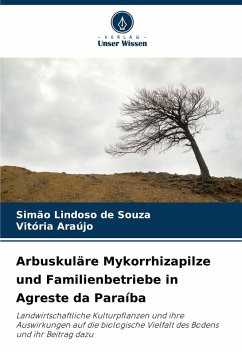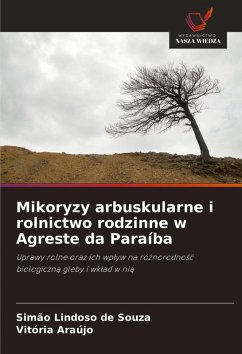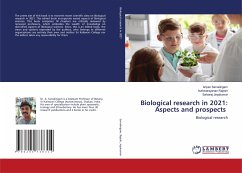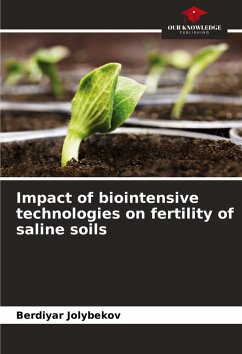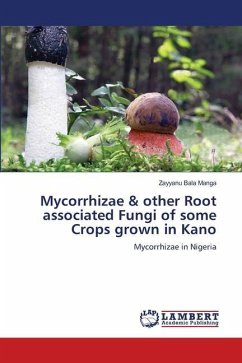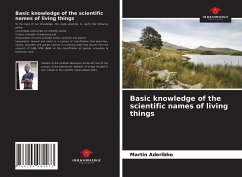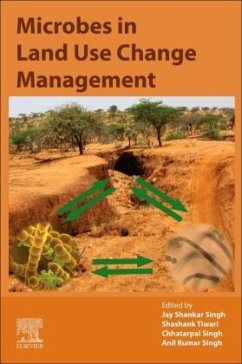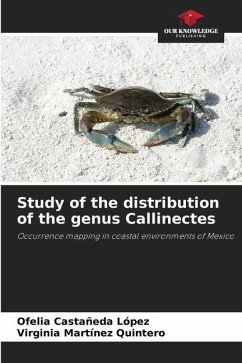
Arbuscular mycorrhizae and family farming in the agreste of Paraíba
Agricultural crops and their impact on and contribution to soil biological diversity
Versandkostenfrei!
Versandfertig in 6-10 Tagen
24,99 €
inkl. MwSt.

PAYBACK Punkte
12 °P sammeln!
The environment we live in is rich in ecological relationships, where we seek to benefit or exchange in order to reach a balance. It's no different with plant species and soil micro-organisms such as arbuscular mycorrhizal fungi (AMFs), which act as an extension of the host plant's roots and are able to increase nutrient absorption and thus provide better growth. The plant in turn provides the AMFs with energy from photosynthesis, which favours their growth and guarantees their life cycle. Therefore, this association is an essential component for the development of sustainable agricultural and...
The environment we live in is rich in ecological relationships, where we seek to benefit or exchange in order to reach a balance. It's no different with plant species and soil micro-organisms such as arbuscular mycorrhizal fungi (AMFs), which act as an extension of the host plant's roots and are able to increase nutrient absorption and thus provide better growth. The plant in turn provides the AMFs with energy from photosynthesis, which favours their growth and guarantees their life cycle. Therefore, this association is an essential component for the development of sustainable agricultural and natural ecosystems. The aim of this study was to show the occurrence of AMFs in family farm areas. The research took place in the municipality of Boa Vista, in the state of Paraíba, in areas cultivated with maize, beans, fodder palm, a consortium of the three crops and managed Caatinga. Studying AMFs, emphasising their diversity, population and community, is a fundamental step for differentapproaches, both in understanding their symbiotic role in different ecosystems and in improving the production of agricultural ecosystems.





